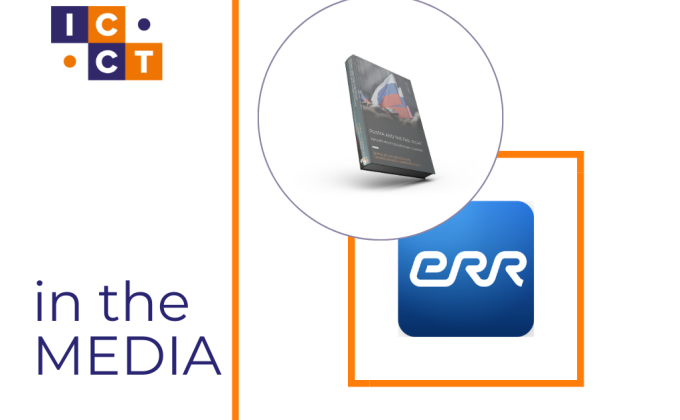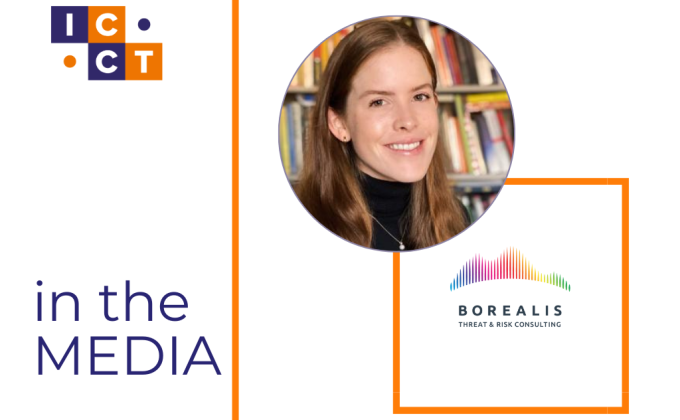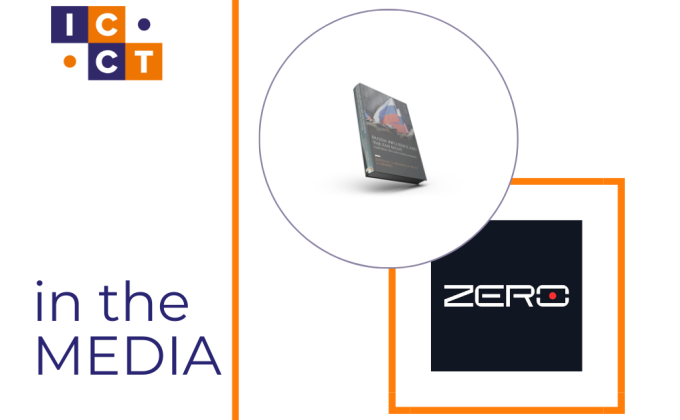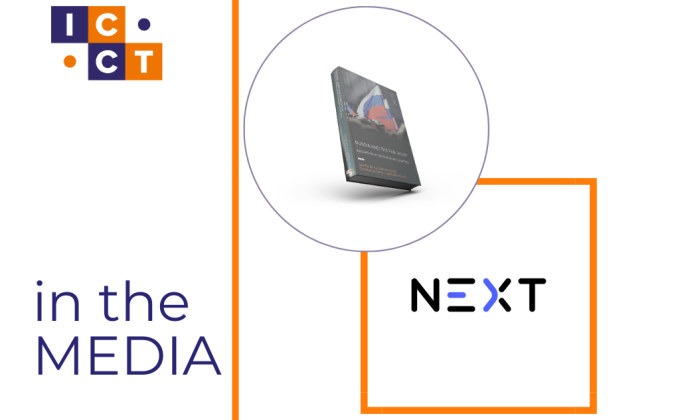12 JANUARY 2016: Starting 1 January 2016, ICCT officially commenced hosting the Administrative Unit of the Global Counterterrorism Forum (GCTF).
The GCTF was established in 2011 as a pragmatic, informal and action-oriented platform. Its overarching and long-term goal is to reduce the vulnerability of people everywhere to terrorism by effectively preventing, combating, and prosecuting terrorist acts and countering incitement and recruitment to terrorism. It provides a venue for national counter-terrorism (CT) officials and practitioners from 29 member countries, the European Union and non-GCTF members to meet with their counterparts from key countries and agencies in different regions to share CT experiences, expertise, strategies, capacity needs, and capacity-building programs. It prioritises civilian capacity building in areas such as rule of law, border management and countering violent extremism.
The 30 founding members of the GCTF are: Algeria, Australia, Canada, China, Colombia, Denmark, Egypt, the European Union, France, Germany, India, Indonesia, Italy, Japan, Jordan, Morocco, The Netherlands, New Zealand, Nigeria, Pakistan, Qatar, Russia, Saudi Arabia, South Africa, Spain, Switzerland, Turkey, the United Arab Emirates, the United Kingdom and the United States. Additionally, some 39 non-member states have participated in one or more GCTF activities. Experts from a number of such bodies have worked closely with the GCTF and participated in its activities, including the African Union, the Association of Southeast Asian Nations, the Council of Europe, the Economic Community of West African States, the Intergovernmental Authority on Development, the Organization of American States and the Organization for Security and Cooperation in Europe.
The GCTF consists of a strategic-level Coordinating Committee, currently co-chaired by Turkey and the Netherlands; four thematic and two regional expert-driven Working Groups; and a small Administrative Unit. The current Working Groups and their co-chairs are: Countering Violent Extremism (United Arab Emirates and United Kingdom), Criminal Justice and the Rule of Law (Egypt and United States), Detention and Reintegration (Australia and Indonesia), Foreign Terrorist Fighters (Morocco and the Netherlands), Horn of Africa Region Capacity Building (European Union and Turkey), and Sahel Region Capacity Building (Algeria and Canada). The GCTF covers a wide range of issues:
- Addressing the "foreign terrorist fighters" problem
- Promoting criminal justice responses to terrorism grounded in human rights and the rule of law
- Supporting victims of terrorism
- Taking action against kidnapping for ransom and other sources of terrorism funding
- Supporting multi-sectoral approaches to countering violent extremism, including community engagement and community-oriented policing
- Rehabilitating and reintegrating violent extremist offenders
- Supporting efforts to address instability in the Sahel and other key regions
- Inspiring and supporting new international centres and initiatives to address critical challenges
- Developing a worldwide network of civilian CT practitioners
- Catalysing implementation of the United Nations framework for countering terrorism
The Administrative Unit provides analytical, logistical and administrative support to the GCTF Co-Chairs, the Coordinating Committee and GCTF Working Groups. Moreover, it maintains the GCTF website and a secure, online information portal for all GCTF members. Previously, the Administrative Unit was hosted by the United States Department of State in Washington D.C. The Administrative Unit consists of an international team of experts from Australia, France, Turkey, Morocco and the Netherlands.
Additionally, ICCT is supporting the GCTF Foreign Terrorist Fighter (FTF) Working Group in implementing its work plan in 2016 and the beginning of 2017. This working group is co-chaired by the Netherlands and Morocco. ICCT’s support is on substance, with a focus on the establishment of an FTF knowledge hub, periodical analyses of FTF trends and dynamics, and issues pertaining to returning FTFs. In particular, ICCT’s contribution concerns background papers on Rule of Law-based approaches to the lifecycle of radicalisation toward violent extremism and terrorism, including rehabilitation and reintegration; (counter-) narratives; and border control. Moreover, in close collaboration with the two co-chairs Morocco and the Netherlands, as well as the focal point with the GCTF AU for FTFs, ICCT will provide content support to meetings of the working group in 2016.



